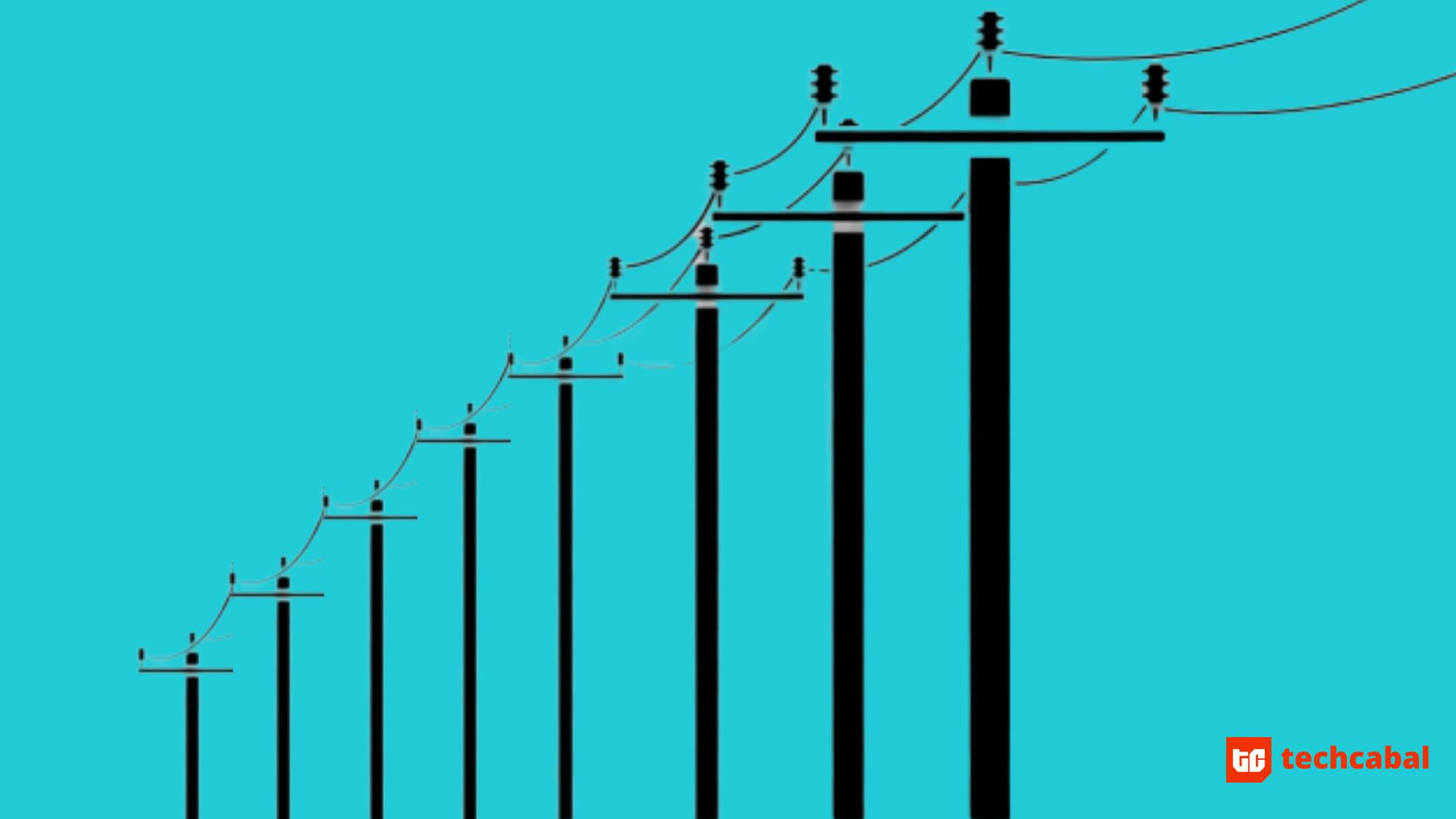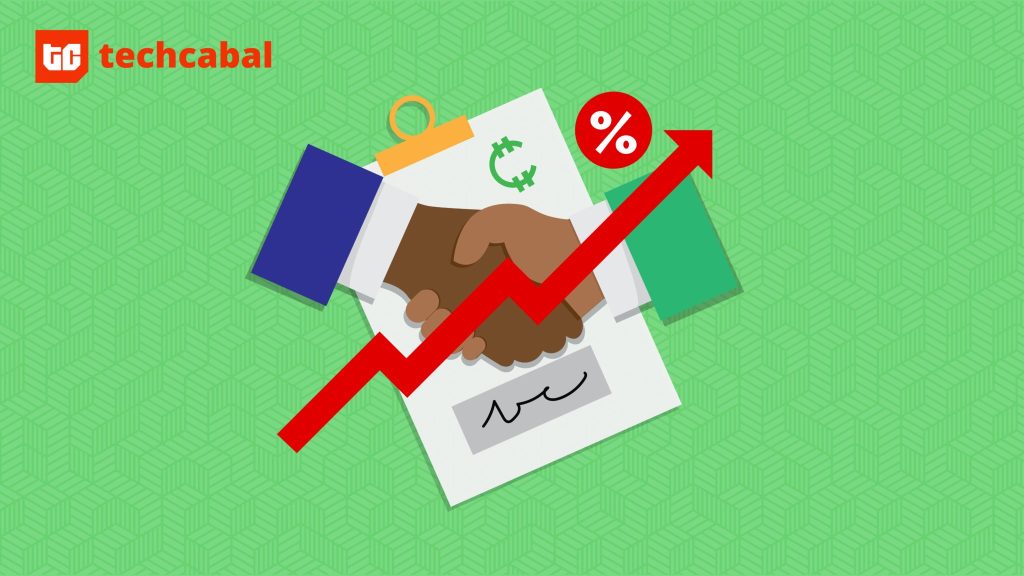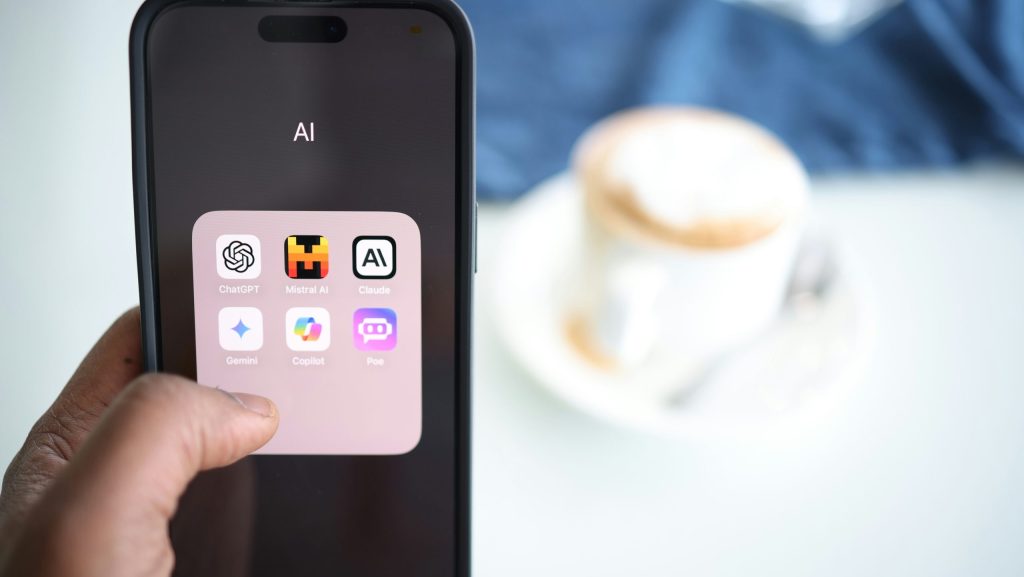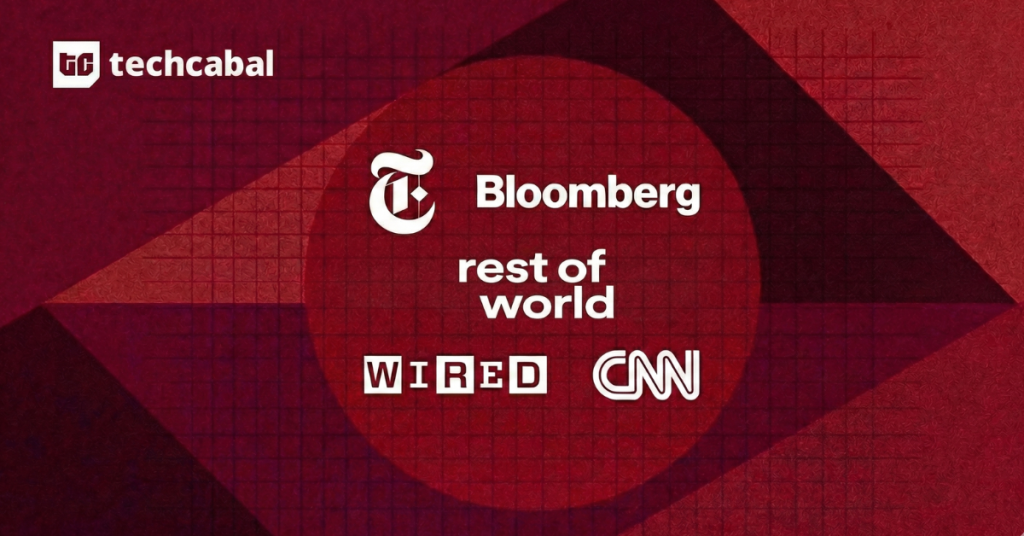For Biola*, a Director of Montessori Studies who lives in the Surulere axis of the Lagos mainland, power supply has been erratic since the mandatory lockdown began, a broken rhythmic clock, if you may.
“During the day, they [PHCN] may bring it at 4:00pm and take it by 4:30pm. Bring again by 6:00pm and leave it till 8:00pm. Bring by 9:00pm and leave it till past 10:00pm. Then bring it back maybe by 11:30pm till morning,” Biola says of the Power Holding Company of Nigeria (PHCN) and their erratic power supply patterns.
With school activities now ongoing remotely and having to work for about six hours daily monitoring her school’s platforms and overseeing learning activities, Biola* says she now has to rely on her home inverter to be able to get through work each day.
For many Nigerians, the challenges of being cooped up at home in this mandatory lockdown are many. There are the socio economic imperatives of a prolonged lockdown in a city like Lagos where many rely on day-to-day commerce to support themselves and their families as well as power supply challenges at a time where the dynamics of power consumption has changed considerably.
It is important to note that Biola’s* plight isn’t a blanket covering of the power situation in all parts of Lagos or the country but her situation is seemingly more often the case than not.
Prior to the start of the initial lockdown, the energy generating companies (GenCos) assured Nigerians that power supply would not be an issue during the lockdown.
After an initial 2-week mandatory lockdown of Lagos, Ogun and Abuja announced by the federal government to curtail the spread of the coronavirus, a 2-week extension was announced by the president in his last address.
“The repercussions of any premature end to the lockdown action are unimaginable,” President Muhammadu Buhari said in his address on Monday, April 13.
Nigeria’s power supply problem is a longstanding trouble affecting very many sectors of the country. Despite an installed power capacity of 12,522 megawatts (MW) from existing hydro, solar, oil and gas resources, the country is only able to generate about 4,000 MW of electric power.
Grid inefficiencies and power evacuation or weaning, a critical turn in the energy chain that ensures generated power is immediately transmitted to the grid for distribution, remain immense challenges that the country has failed to tackle to make power more constantly available to power economic and domestic activities.
The federal government so far has attempted to improve power supply during this period announcing a ₦200 billion(US$518 million) gas supply injection to help GenCos improve power generation. Conversations are also said to have been ongoing, through a Stimulus Bill, to provide electricity at no cost to the public for a 2-month period.
Like Biola*, generating sets and solar power systems have become alternatives to supplement available power supply in the lockdown especially to healthcare and food storage facilities where they are desperately needed in the lockdown. On a consumer level, Biola says she has been experiencing food losses due to the incessant power supply as her inverters are unable to power the refrigerator for appreciable periods of time.
“My freezer is now my fridge and my fridge is now a cupboard because things are spoiling inside the fridge,” Biola* told TechCabal.
In the past few weeks, various government and private sector efforts have begun to find alternative energy solutions to keep the lights on in homes and hospitals around the country.
The Rural Electrification Agency (REA) in partnership with the Africa Development Bank (AfDB) has made available a US$200 million development fund to ramp up solar home systems and solar mini-grid projects to connect over 500,000 people across 105,000 households to energy supply. REA has also announced it will be supplying solar home systems and mini grids to primary healthcare and isolation centers across the country.
Lagos, Abuja and Ogun where the index/most cases have been recorded so far have been given priority under this new scheme.
All On, an off-grid energy impact investing company seeded by Shell, is also providing a ₦180 million COVID-19 Solar Relief (CSR) fund to four renewable energy companies to provide solar power for emergency health centers in support of the response to fighting the COVID-19 pandemic.
The companies: Auxano, Arnergy, GVE and Lumos, were selected based on their immediate preparedness to respond with products, inventory, technical capabilities and their efficient delivery track record, according to a statement by the company.
The Nigeria Rural Electrification Agency (REA) says an estimated ₦5 trillion (US$12 billion) is spent yearly importing, fuelling and maintaining generators in Nigeria. But costs are only one half of this bad coin.
Fossil energy (power generated from burning fossil fuels like coal and petroleum, diesel and fuel) have now become one of the major contributors to greenhouse gases (GHG) which are causing an increase in global temperatures and driving extreme weather conditions in many parts of the globe. While Africa’s greenhouse gas emissions are only 4% of the world’s total, the World Economic Forum says the continent is already facing the worst effects of climate change.
This year was supposed to continue consolidating transition efforts by governments across the continent to safer energy alternatives. Last year alone, renewables accounted for nearly three quarters of global power capacity additions, according to the International Renewable Energy Agency (IRENA) especially with reported lower costs of solar equipment and more financing avenues open to individuals and businesses switching to solar.
“This year was meant to be a turning point for climate and sustainable development, with 2020 marking the start of the decade of action,” Francesco La Camera, IRENA Director-General said.
Nevertheless, solar mini-grid and off grid solutions as well as other alternative energy sources can serve not only present energy needs due to the ability to scale the solution quickly but can also generate by-products like employment at a time where the consequences of the pandemic are already present or looming.
*Name changed to protect privacy











